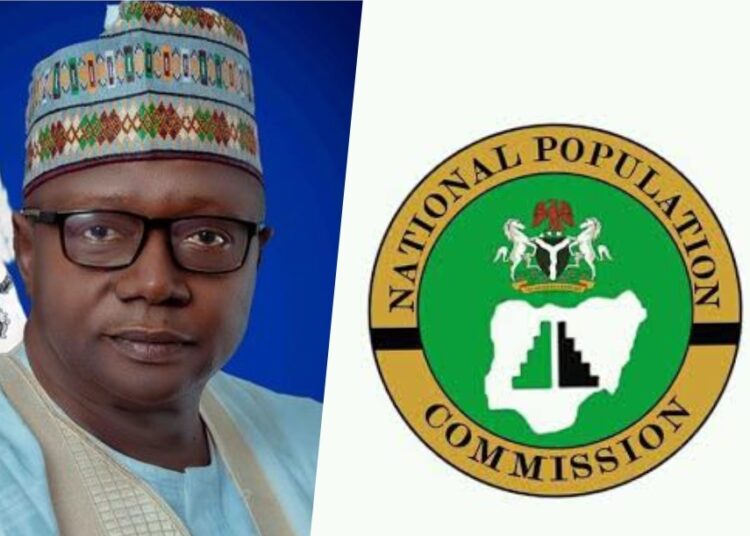The chairman of the National Population Commission (NPC), Nasir Kwarra, has revealed that Nigeria’s long-awaited population and housing census will take place in 2025.
The disclosure came nearly two decades after the last census was conducted in 2006, despite international recommendations for decennial population counts.
Kwarra disclosed this during the 2024 anniversary of the Nairobi Summit on the International Conference on Population and Development (ICPD), held in Abuja on Thursday.
“A major setback that we face is the delay in conducting a Population and Housing Census. A reliable and accurate census is fundamental for good decision-making,” he said. “But the government, at the highest level, is committed to conducting a census, and we believe it will take place next year.”
LEADERSHIP recalls that the last population census in Nigeria was conducted in 2006, making the upcoming exercise the first in 18 years. Previous efforts to conduct a census in 2023 were postponed under the administration of former President Muhammadu Buhari, with the delay attributed to the desire for the incoming government to take ownership of the process.
Kwarra underscored the consequences of the delay, noting that it has impeded the government’s ability to make informed decisions and allocate resources effectively. He stressed the importance of accurate data in addressing pressing challenges, particularly in underserved and rural areas.
“The inability to conduct timely censuses has hindered progress in advancing sexual and reproductive health rights, eliminating gender-based violence, and promoting inclusivity,” he said.
The NPC chairman further highlighted the broader social and economic implications of inadequate population data. “For many in our communities—particularly women, girls, and young people—sexual and reproductive health rights remain out of reach. This is not just a health issue; it is also an issue of social and economic justice. When individuals are denied the ability to make choices about their health and lives, it limits their potential, reduces opportunities, and impacts society as a whole,” Kwarra added.
The event also featured contributions from key stakeholders, including Toyin Saraki, founder of the Wellbeing Foundation Africa. Saraki pledged continued advocacy and policy support to advance the ICPD agenda, urging collaboration among private, philanthropic, and multi-sector stakeholders.
“We must continue our march to address these challenges head-on,” Saraki said. “I call on all stakeholders to work together in accelerating progress toward achieving the initiative’s goals.”
The planned 2025 census is expected to address these gaps, providing reliable data that will guide policy decisions and drive sustainable development.
With this development, the government hoped to reestablish a regular census cycle and ensure that Nigeria aligns with global standards for demographic data collection.





